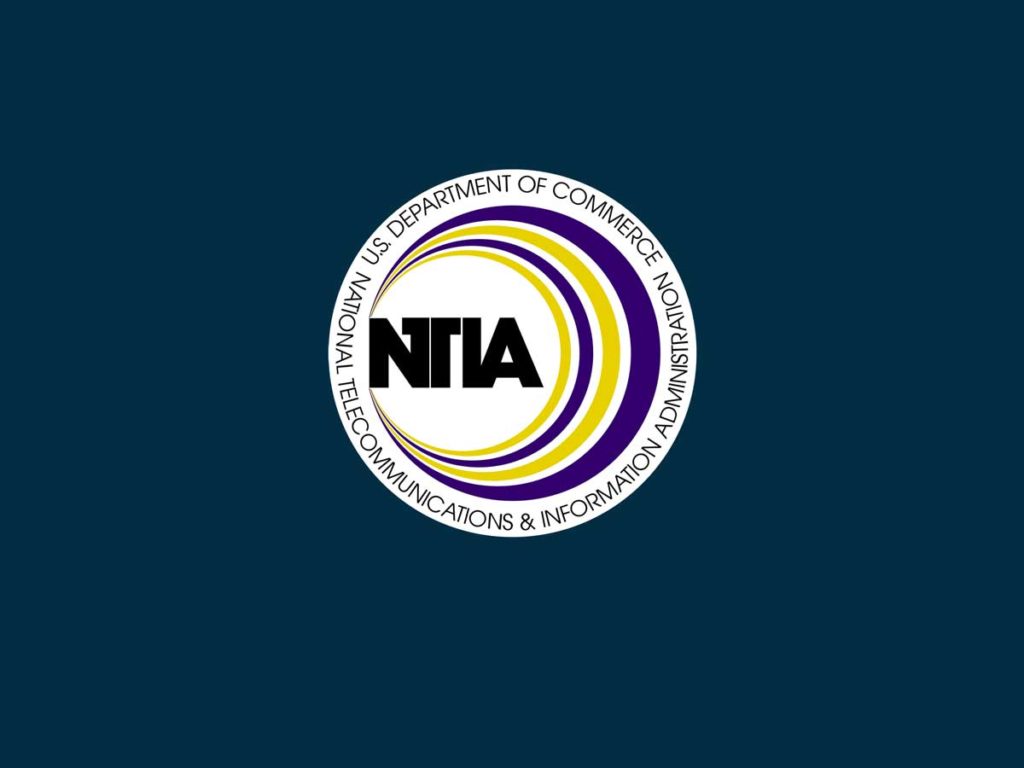On May 4, 2022, it was reported that the Biden Administration and the Department of Commerce’s National Telecommunications and Information Administration (NTIA) approved 19 grants totaling $77 million to indigenous tribes to expand internet access in those areas.
This initiative is part of a larger program called the Tribal Broadband Connectivity Program which already has committed nearly $1 billion to tribal governments to assist with tribal connectivity by bolstering broadband deployment which not only helps with internet access but also things such as telehealth, e-learning, lowering broadband costs, and making the internet more inclusive.
Thanks to these awards, it moves forward with the Biden Administration’s promise to make the internet accessible, affordable, and reliable for all citizens of the United States. These particular grants will focus on tribal communities located in the following states:
- Alaska
- Arizona
- California
- Connecticut
- Louisiana
- Michigan
- Oklahoma
- Rhode Island
- South Dakota
- Washington
Here’s what Gina M. Raimondo, the U.S. Secretary of Commerce, had to say about the grants:
“For far too long, Tribal Communities have been cut off from the benefits of high-speed internet, as well as the associated economic benefits that come with it. From running a business to taking online classes to scheduling a doctor’s appointment, the internet is a necessary tool for participating in our modern economy, and it’s an absolute injustice that this resource has been deprived from so many Native Americans across our country.
This critical funding will bring affordable, high-speed internet service to Tribes from Alaska to Rhode Island, and many places in between, expanding access to telehealth, distance learning, and workforce development. Today’s awards reaffirm the Biden-Harris administration’s commitment to ensuring that Tribal communities, and unserved and underserved communities in every state and territory, have the resources they need and deserve to thrive in our increasingly digital economy.”
Furthermore, the Assistant Secretary of Commerce for Communications and Information Alan Davidson went on to say this about the initiative:
“Affordable access to the Internet opens a world of life-saving technologies, economic opportunities, remote learning, and countless other essential benefits. Our Tribal Broadband Connectivity Program is playing a crucial role in closing the digital divide and expanding internet to tribal communities across America.”
Additionally, President Biden recently authorized the Bipartisan Infrastructure Law which will contribute nearly $2 billion more to the program. Setting a new precedent, the law granted $65 billion to underserved communities nationwide to create a more digitally inclusive USA. These funds will be put towards building a robust network infrastructure, creating economical high-speed internet access, and tackling digital inequities in tribal, rural, and low-income areas across the nation.
Let’s take a look at what projects will be available and how the funds will be distributed through each one:
- $35,102,141.00 to the Alaska Federation of Natives located in Alaska
- $1,901,262.82 to the Cape Fox Corporation located in Ketchikan, Alaska
- $2,367,685.00 to the Cheyenne River Sioux Tribe Telephone Authority located in Eagle Butte, South Dakota
- $7,580,563.59 to the Cowlitz Indian Tribe located in Longview, Washington
- $596,796.00 to the Coyote Valley Band of Pomo Indians located in Redwood Valley, California
- $7,219,710.96 to the Delaware Nation located in Anadarko, Oklahoma
- $2,477,508.60 to the Flandreau Santee Sioux Tribe located in Flandreau, South Dakota
- $4,477,345.00 to the Gila River Indian Community located in Gila River, Arizona
- $2,500,000.00 to the Kotzebue IRA located in Kotzebue, Alaska
- $493,008.00 to the Mashantucket Pequot Tribal Nation located in Mashantucket, Connecticut
- $2,498,250.00 to the Narragansett Indian Tribe located in Charlestown, Rhode Island
- $1,205,764.00 to the Nottawaseppi Huron Band of the Potawatomi located in Fulton, Michigan
- $498,380.00 to the Pauma Band of Luiseno Indians Pauma Valley, California
- $584,800.00 to the Samish Indian Nation located in Anacortes, Washington
- $1,847,628.00 to the Sisseton Wahpeton Oyate of the Lake Traverse Reservation located in Agency Village, South Dakota
- $2,044,600.00 to the Skagway Traditional Council located in Skagway, Alaska
- $2,499,947.00 to the Tunica-Biloxi Tribe of Louisiana located in Marksville, Louisiana
- $500,000.00 to the United Urban Indian Council Inc. located in Oklahoma City, Oklahoma
- $592,110.00 to the Viejas Band of Kumeyaay Indians located in Alpine, California
To better understand how these programs will help, we can look to a case study conducted by PCS Technologies, Inc. in May 2020. After being contacted by TICOM, they were tasked with assisting in deploying one of the earliest 2.5 GHz Network Implementations to provide internet capabilities for a tribal entity, specifically the Blackfeet Nation in Montana. Thanks to the CARES Act, the project had the funds needed but there was a deadline set for December 2020.
The project took advantage of the FWA Deployment of Telrad Radios, which uses 2.5 GHz EBS Band41 and they were successfully able to provide coverage for two of the tribal communities located in Browning, Montana and Star School, Montana.
With their combined experience of over 10 years working with Tribal Telecommunication Projects, TICOM and PCS use innovative strategies to accomplish their goals. For the Blackfeet Nation, they installed Telrad Sectors into water towers located in both communities where they can easily broadcast the signal for wireless connections. Thanks to the success of this project, those people throughout the community can easily connect to the internet and have access to telehealth solutions, distance learning opportunities, and increases our efforts to make a more digitally inclusive nation.
If you would like to learn more about the case study or other projects by PCS Technologies, Inc., more information can be found at the following link: Siyeh Communications/ Blackfeet Nation.


